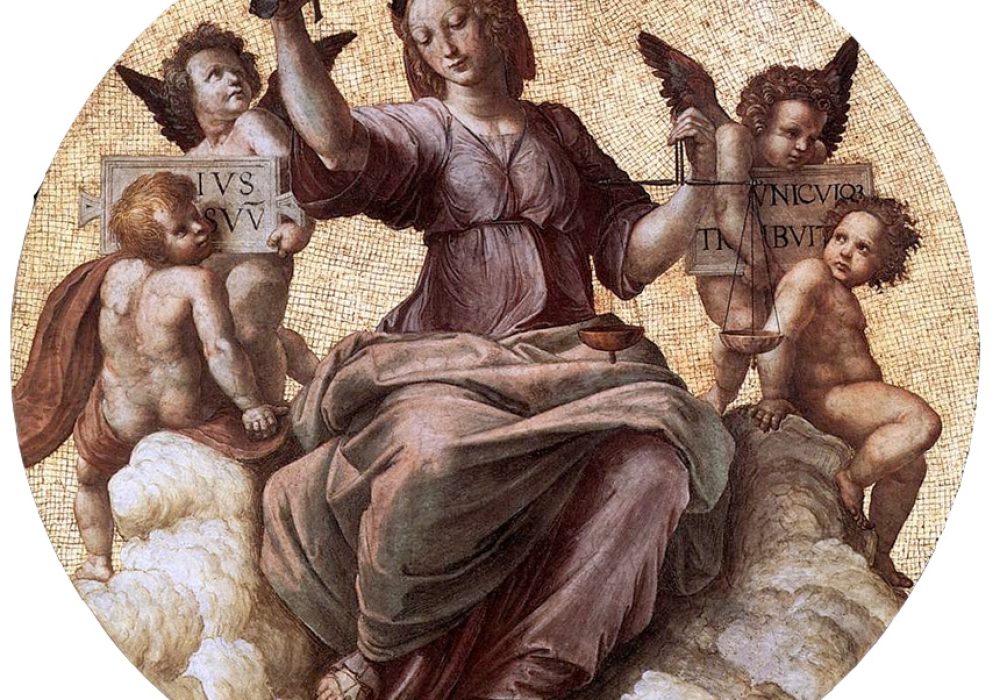Eduardo Peñalver (University of Chicago Law School)
Joseph William Singer (Harvard Law School)
REGISTRATION IS CLOSED FOR THIS EVENT
1.5 hours Ethics/Professionalism CLE credit CA, IL and NY.
SCHEDULE:
5:00 PM: Registration and Refreshments
5:15 PM: Welcoming Remarks by Craig Martin (Partner, Jenner & Block)
5:20 PM: Introduction by the Hon. Thomas More Donnelly (Associate Judge, Circuit Court of Cook County)
5:25 PM: Presentation by Eduardo Peñalver
(University of Chicago Law School)
5:45 PM: Presentation by Joseph William Singer
(Harvard Law School)
6:05: Panel Discussion
6:25 PM: Q&A
6:55 PM: Wine and Cheese Reception
Both Jewish and Catholic traditions teach that each human being is obliged to attend to the needs of the vulnerable and use property for the common good. The obligation to the vulnerable attaches to each person; it even is imposed on the poor oddly enough who are obligated to give something to others (even if what they do is exchange with each other) because the experience of giving to help others is part of what is crucial to human life and something the poor should not be deprived of. The traditional language also understands this to be a commandment from God, which really means part of the structure of the world.
Additionally, both rights and obligations flow from possessing property according to both Catholic and Jewish social justice teaching. The obligation to provide for the poor also forms a core social obligation attaching to the possession of property. From this obligation may arise certain entitlements–these entitlements are a subject of much controversy in our country today. However, there can be no dispute that both religious traditions espouse the subordination of private property to the common good. This discussion will examine the legal, religious, and philosophical grounding for this common belief and consider the legal and political implications that follow.
Hosted by Jenner & Block.
Cosponsored by The Advocates Society, The Catholic Lawyers Guild, The Decalogue Society of Lawyers, The Jewish Judges Association of Illinois, and the National Center for the Laity

